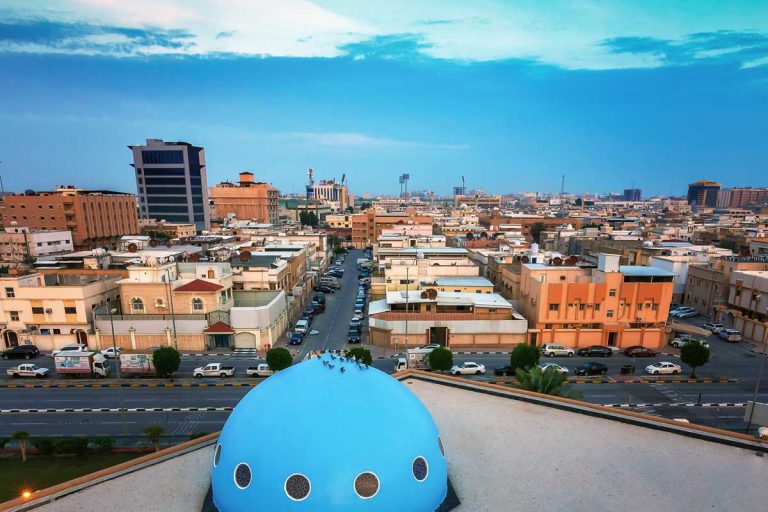A significant influx of capital is on the horizon for Saudi Arabia's real estate market, with a recent survey by Knight Frank indicating a strong appetite for investment in the holy cities of Makkah and Madinah. The survey, which targeted high-net-worth Muslim individuals (HNWIs) from nine countries with significant Muslim populations, revealed a collective intention to invest a staggering $2 billion in properties located within these sacred cities.
The survey, documented in Knight Frank's inaugural Destination Saudi report, paints a clear picture of the motivations behind this potential investment boom. Notably, a resounding 92% of the surveyed HNWIs expressed a desire to acquire branded residential units in Makkah or Madinah. This interest can be attributed to the unique significance these cities hold for Muslims worldwide. Owning property in close proximity to the holiest sites in Islam – the Kaaba in Makkah and the Prophet's Mosque in Madinah – carries immense spiritual and emotional value for many.
Beyond religious significance, the survey suggests that investor confidence in the Saudi real estate market is on the rise. This is likely due, in part, to the introduction of new premium residency visa options by the Kingdom. These visas are directly linked to real estate ownership, offering a pathway to residency for foreign investors. This policy change is seen as a strategic move by Saudi Arabia to attract international investments and bolster the real estate sector.
The survey also delves into the financial muscle of these potential investors. The average budget earmarked for residential property purchases sits at an impressive $4.7 million. This figure, when multiplied by the total number of respondents (506), translates to a potential cumulative investment of $2 billion. This hefty sum underscores the substantial weight of international demand for property investment opportunities, particularly in religiously significant locations.
Knight Frank's analysis of the survey data sheds light on an interesting trend – a correlation between wealth and preferred payment methods. The survey suggests that as personal wealth increases, so too does the preference for cash payments. This trend is particularly evident among the most affluent participants, with those boasting a net worth exceeding $3 million favoring cash purchases at a rate of 78%. Conversely, individuals with a net worth below $500,000 are more likely to utilize financing options, with only 31% opting for cash purchases.
The findings of the Knight Frank survey hold significant implications for the future of Saudi Arabia's real estate market. The anticipated influx of capital from wealthy Muslim investors is poised to inject new life into the sector, particularly in Makkah and Madinah. This surge in investment is likely to translate into a rise in property values and potentially lead to the development of new luxury residential projects catering to this specific demographic. As the Kingdom continues to implement reforms aimed at attracting foreign investment, the real estate market is expected to witness a period of significant growth, fueled in part by the religious and financial motivations of high-net-worth Muslims around the globe.

